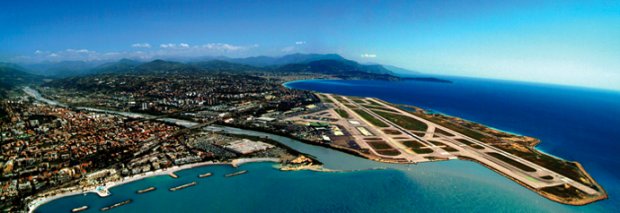Nice Côte d’Azur Airport becomes carbon neutral

The first in France, 25th in the world
Following on from recent innovative environmental initiatives such as the switch to 100% renewable energy, testing the first fully electric airport shuttle bus with boost charging and the introduction of an autonomous power and air conditioning supply system for business air travel, Nice Côte d’Azur Airport has become the first Carbon Neutral airport in France, achieving level 3+ Carbon Accreditation, and the world's 25th certified airport.
Our Group has achieved the ultimate milestone in its Airport Carbon Accreditation strategy by becoming Carbon Neutral two years ahead of its initial deadline of 2018.
Level 3+ means that the airport management has committed, after several years of reducing its emissions, to continue those efforts and offset any residual emissions to allow all operations under the airport's control to become carbon neutral.
This new victory rewards the efforts made by the airport group to be more energy efficient and reduce its greenhouse gas emissions
Since 2011, Aéroports de la Côte d’Azur has been implementing the independent Airport Carbon Accreditation programme which helps airports around the globe measure their carbon footprint and take initiatives to drastically cut their greenhouse gases at four different levels of accreditation (mapping, reduction, optimisation and neutrality). Airport Carbon Accreditation is an independent programme* developed by ACI EUROPE, a Brussels-based organisation working solely in the European aviation industry, in collaboration with ACI WORLD. Every time an airport changes level, it undergoes an audit to ensure all processes meet the requirements of the programme guidelines.
The 37 partners that have so far voluntarily signed up to the Airport Carbon Accreditation programme include airlines, ground handlers, freight companies, helicopter companies, retailers, caterers, car rental companies, cleaning agencies, refuellers, managers and security firms.
Since 2010, Nice has cut its kilograms of CO2 per passenger by 75%, in particular thanks to a successful partnership with Electricité de France and the signature of a contract for the purchase of 100% French hydroelectric power.


